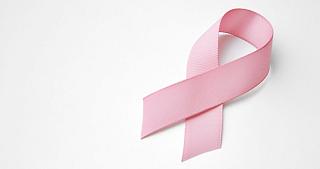
Pinpointing Precision Prognoses
Breast cancer tumors can be classified into four main subtypes based on the expression of dozens of genes. Those classifications have been useful in predicting patients’ prognoses and responses to treatment. Patients with particular subtypes are more likely to succumb to the disease than other subtypes.
In an investigation of genomes from breast cancer families, Nicola Camp, PhD, a statistical geneticist at the Huntsman Cancer Institute, has found that previous predictors could be wrong.
Using the UPDB and Utah’s cancer databases, Camp identified 11 extended families containing unusually large numbers of people with breast cancer with tumor samples available for study. She expected to find a preponderance of certain subtypes of breast cancer clustering within distinct pedigrees, but the samples did not fit the expected pattern.
Questioning the standard model, Camp and her colleagues used statistics to search for multi-gene biomarkers in existing patient data sets. Using this technique, she discovered two multi-gene sets that do a much better job of explaining the expression of cancer in the family members than the four subtypes had done.
Camp is expanding on this knowledge to develop additional statistical tools to determine prognosis predictors for various types of cancers.
